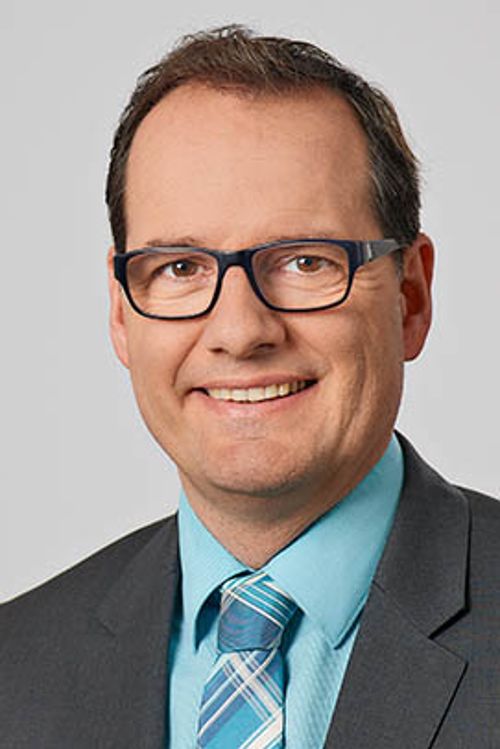Veranstaltungen & Messen - vdma.org
Kick-off meeting - Approval Procedures and Requirements for H2 Installations in Germany and Europe (VDMA Specification DE/EN)
Following initial preparations, the VDMA is holding a kick-off meeting on 3 September 2024 to establish a committee to develop the approval guidelines ‘Procedures and requirements for H2 plants and systems in Germany and Europe - VDMA Specification’ (DE/EN). The initiative comes from several VDMA members and has already met with a great response both within and outside the VDMA.
- German
- English
Following initial preparations, the VDMA is holding a kick-off meeting on 3 September 2024 to establish a committee to develop the approval guidelines ‘Procedures and requirements for H2 plants and systems in Germany and Europe - VDMA Specification’ (DE/EN). The initiative comes from several VDMA members and has already met with a great response both within and outside the VDMA.
Scope and matrix approach
For individual components and possibly small systems, CE labelling without a complex approval procedure may be desirable and perhaps also possible. In the case of complex large-scale plants, which also often form an overall unit with other plants in the energy-intensive process industries (but do not have to!), there will be no getting around more complex authorisation management, including BIMSchV, EIA, water law, etc. The participants therefore agreed to choose a matrix structure for the approval guideline: on the one hand, the approval procedures are considered according to the planning phase of a plant (basic engineering, detail engineering, construction, maintenance), but on the other hand they are also differentiated according to the type of plant / sector application. And thirdly, the participants agreed that the approval procedures should in principle cover the hydrogen process chain from production to application. In order not to overburden ourselves, we will start with production, i.e. the beginning of the process chain, and only then consider other plants in the process chain in later meetings - possibly prioritised according to interest. The apporval guideline can also cover ‘large’ plants in the multi-digit MW range as well as smaller plants. Once the approval guide is available, the user can then filter out the aspects from this matrix structure that apply to them in the respective plant configuration. There may also be a checklist.
Germany and Europe
Originally, there was a desire to develop an authorisation guide that would not only describe the procedures in Germany and possibly D-A-CH, but would also be applicable in Europe - or at least in some ‘important’ European markets (Benelux, France, Italy, Denmark were mentioned) - and even globally. After a brief discussion, it was agreed to start with Germany and to remove the ‘global’ objective from the title of the project for the time being (if there is sufficient interest, interested parties can still deliver a supplementary version for regions such as the USA and China at a later date). On the other hand, a good third of those present were decidedly in favour of a ‘European guide’ because the use cases are seen throughout Europe or at least in some pioneering countries in Europe. The working language was also discussed: if a ‘European’ authorisation guideline is desired, it would make sense to have participants from important European countries at the table as early as possible or right from the start. This is the only way to achieve a high level of acceptance for this paper, which will formally be a ‘VDMA Specification’ (comparable to a ‘pre-standard’ without being a real standard), outside Germany.
Scope
As a result of these preliminary discussions, the following scope was defined for the project on 26.6.24: ‘Approval Procedures and Requirements for H2 Installations and Systems in Germany and Europe - VDMA Specification’ (EN version); ‘Approval Procedures and Requirements for H2 Installations and Systems in Germany and Europe - VDMA Standard Sheet’ (DE version). Title, content and structure of the working papaper has to be defined in detail in the next meetings.
Kick-off meeting 3 September 2024 - AGENDA
Experts who are familiar with approval procedures and want to get actively involved now are being sought to help formulate the approval guidelines. The following companies have already agreed to actively participate in the formulation of the contents of the VDMA standard sheet ‘Approval guidelines for H2 plants’: Air Liquide Global E&C Solutions, ANDIRZT Separation, Ari-Armaturen, Armaturenfabrik Franz Schneider, Brugg Rohrleitungsbau, CAC Chemieanlagenbau Chemnitz, Cellcentric, DMT, Linde Engineering, MAN Energy, Siemens Energy, MTU / Rolls-Royce, Neuman & Esser, GKN Hydrogen, HEROSE, Hydac, H-Tec, HYPOS e. V., Hülsenbusch-Apparatebau, PTB, Ramboll, REHATEC, TÜV Rheinland, VTU.
VDMA members and interested parties who are directly or indirectly affected by approval procedures by authorities, municipalities, chemical parks, energy suppliers or other business partners and institutions and who are interested in participating in the development of the approival guideline are also cordially invited to attend the kick-off meeting on 3 September 2024! The agenda will be published at the beginning of August.
Interested parties please register online on this page. Agenda and documents for the meeting have been added below in the download section.
VDMA support and contacts
The Guideline "Approval Procedures and Requirements for H2 Installations in Germany and Europe - VDMA Specification (DE/EN)" will be drawn up with the involvement of expertise from VDMA units such as the Process Engineering Machinery and Apparatus, Power Systems and Power-to-X for Applications working groups, the Large Plant Construction working group and other specialist associations (see downloads for contact details). If you are interested, please get in touch with the contacts mentioned.
Dokumente und Downloads:


